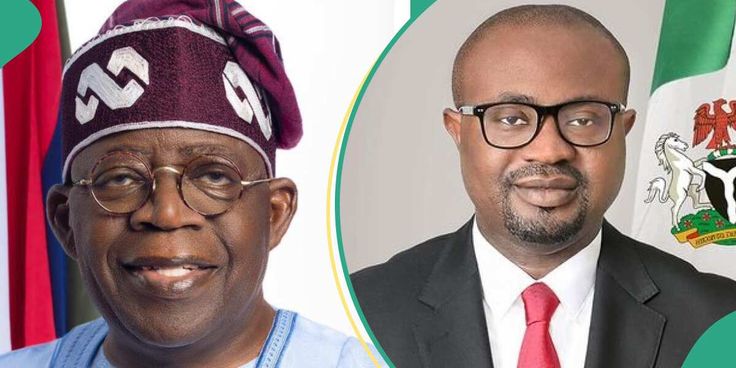Henley Passport Index reveals steady improvement in Nigeria’s global travel mobility
Nigeria’s international travel credentials have seen a modest but symbolic improvement as the Nigerian passport moved up to 88th position out of 199 countries in the latest Henley Passport Index, released on July 18, 2025. This marks the highest ranking for the Nigerian passport in five years, signaling a slow yet positive shift in global mobility for Nigerian citizens.
The Henley Passport Index, recognized globally as a reliable measure of travel freedom, is based on exclusive data from the International Air Transport Association (IATA), complemented by in-depth research and analysis by Henley & Partners.
A Look at Nigeria’s Progression in Global Passport Rankings
The 2025 index places Nigeria above countries like Lebanon, Sudan, and the Democratic Republic of Congo, showing signs of recovery from previous years’ declines. The Nigerian passport now grants visa-free or visa-on-arrival access to 45 countries, up from 43 in 2023.
Though Nigeria still trails behind regional counterparts like Ghana (ranked 76th) and Kenya (ranked 72nd), this year’s rise from 91st in early 2025 to 88th in July reflects a gradual climb. This is particularly significant compared to previous years:
| Year | Ranking | Visa-Free Destinations |
|---|---|---|
| 2021 | 103rd | 38 |
| 2022 | 98th | 42 |
| 2023 | 90th (July), fell to 97th (Dec) | 43 |
| Early 2025 | 91st | 44 |
| July 2025 | 88th | 45 |
Regional Context: How Nigeria Compares
Despite the improvement, Nigeria still ranks below several African peers. Seychelles, Mauritius, and South Africa remain the continent’s top performers in the index, with access to over 100 countries without requiring a prior visa. Even smaller nations like Namibia, Botswana, and Cape Verde outperform Nigeria in terms of travel freedom.
However, Nigeria’s climb places it at par with countries like Ethiopia and Myanmar, who share the 88th position. In contrast, war-torn or politically isolated countries such as Afghanistan, Syria, and Iraq continue to occupy the lowest ranks in the index.
Implications for Nigerians and Foreign Policy
While a rise in passport ranking may appear marginal, experts say it can have meaningful economic and diplomatic implications. Improved global mobility often reflects better bilateral relations, streamlined immigration policies, and trust in a country’s documentation and border security systems.
Foreign policy analysts believe Nigeria’s ongoing diplomatic efforts, security reforms, and participation in global affairs are beginning to yield results. The current administration’s push to improve the country’s image abroad and simplify visa agreements, especially with African and Caribbean nations, may be contributing to the gains.
In addition, the Nigerian Immigration Service has introduced several reforms, including e-passport upgrades and improved processing times, all aimed at enhancing the integrity and acceptability of Nigerian travel documents globally.
Challenges That Remain
Despite the upward movement, the Nigerian passport still lags far behind the world’s most powerful travel documents. Japan, Singapore, France, and Germany continue to top the list, offering access to more than 190 destinations visa-free. For comparison, Nigerian passport holders currently require visas for key global destinations such as the United States, United Kingdom, Schengen Area, and most parts of Asia.
Additionally, travel challenges such as high visa rejection rates, long processing times, and limited consular access remain key barriers for many Nigerian travelers.
A Symbol of Hope and Areas for Improvement
While the improvement to 88th place may seem modest, it reflects a turning point in Nigeria’s global standing. It signals a future in which Nigerian travelers may enjoy greater ease of movement, provided the country continues to work on strengthening governance, improving security, and building diplomatic trust.
Citizens and stakeholders are hopeful that the government will sustain momentum by pursuing bilateral visa waivers, improving passport issuance systems, and negotiating easier entry protocols for Nigerians abroad.
























































